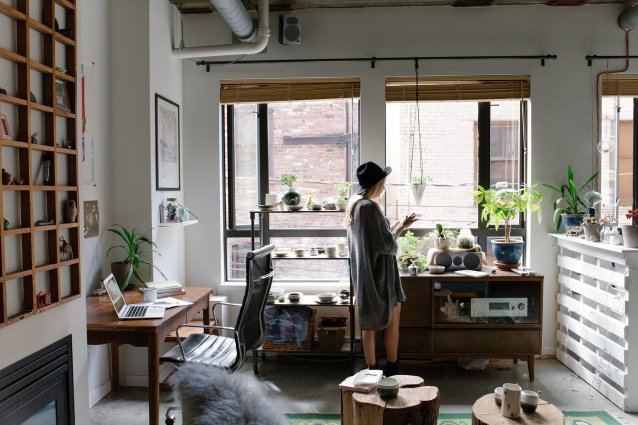How to ensure your new home is energy efficient to save on bills

With energy bills continuing to rise by an eye-watering 27% since the increased price cap on 1st October, it has never been more crucial to ensure your home is as energy efficient as possible.
However, many UK homeowners are unsure as to what to look out for when it comes to ensuring optimal energy efficiency in a new home – and therefore, many of them will be faced with high bills in the coming months, in addition to soaring interest rates.
In order to help mitigate any additional energy bill scares, Nicola Battey, Product Director at boiler and home emergency insurance challenger, Hometree, has compiled a list of tips for new homeowners.
These handy tricks will make it easy to check whether your new home is running cost-effectively, offering first-time buyers added peace of mind during these financial testing times.
Q: Does the direction your windows face make a difference to your energy use?
A: Understanding the orientation and direction of any windows in your new home – and using that knowledge to decide on a function of each room – can help you save on energy bills, as the sun’s direction will impact how warm each room will be. For example, rooms with south-facing windows get lots of natural sunlight, making them ideal living rooms, assuming that’s where you spend most of your time in the home.
East-facing windows are far less likely to let in natural light, so it’s better to utilise these rooms as kitchens – since kitchen appliances can release a lot of heat.
As well as windows, you should also take a look at the roof of the property you’re buying, as this will give you an indication of whether it’s suitable for solar panels. This would mean it should be a pitched roof (not flat) and ideally not in the shadow of another house.
Another thing to consider about your roof is the direction it’s facing. The best orientation in the UK is to have a south-facing roof, to make the most of the limited UK sunshine!
Q: Is it worth asking about the materials used to build the house?
A: It is always worth asking about the materials that have been used to construct a building, as the better the insulation, the more you will be able to save on your energy bills.
Older buildings tend to have less insulation used throughout their structures, as well as very old and inefficient radiators and heaters. This can make it difficult to insulate a room to keep it warm, so it is always better to opt for builds that have.
New homeowners should also check the EPC (Energy Performance Certificate) for the property they are buying. This is a personalised home energy survey that will show you how energy efficient your home is, and in turn gives you the best recommendations on how to reduce your energy bills and carbon emissions.
The EPC will give your property an energy rating, from A (efficient) to G (inefficient) and is valid for 10 years. You can access any home’s EPC through the government’s website, which are usually attached to the home’s listing. The most common efficiency rating in the UK is band D, which means a lot of homes could improve their insulation to use less heating in the first place.
Q: Should I research the energy efficiency of the appliances in the house?
A: Appliances such as boilers come with different ratings, with A being the best and anything further down the alphabet getting progressively worse.
A lot of money can be saved simply by switching from a low-grade boiler or fridge to a high-grade one, despite the fact that this would initially require you to spend more money in one go.
However, in the long run, hundreds of pounds could be saved throughout the months, compared to your bills being astronomical due to your appliances being old. Newer appliances are also a lot better for the environment.
Q: What about water heaters?
A: If your new home does have a water tank, you should make sure it is insulated to keep the heat in. Hot water tanks are typically in around 50% of UK homes, and they’re great for storing heat, especially if you’re looking to get a heat pump in the future.
If the water tank isn’t properly insulated, you should buy it a cover to keep the heat in and to save money in the long run.

